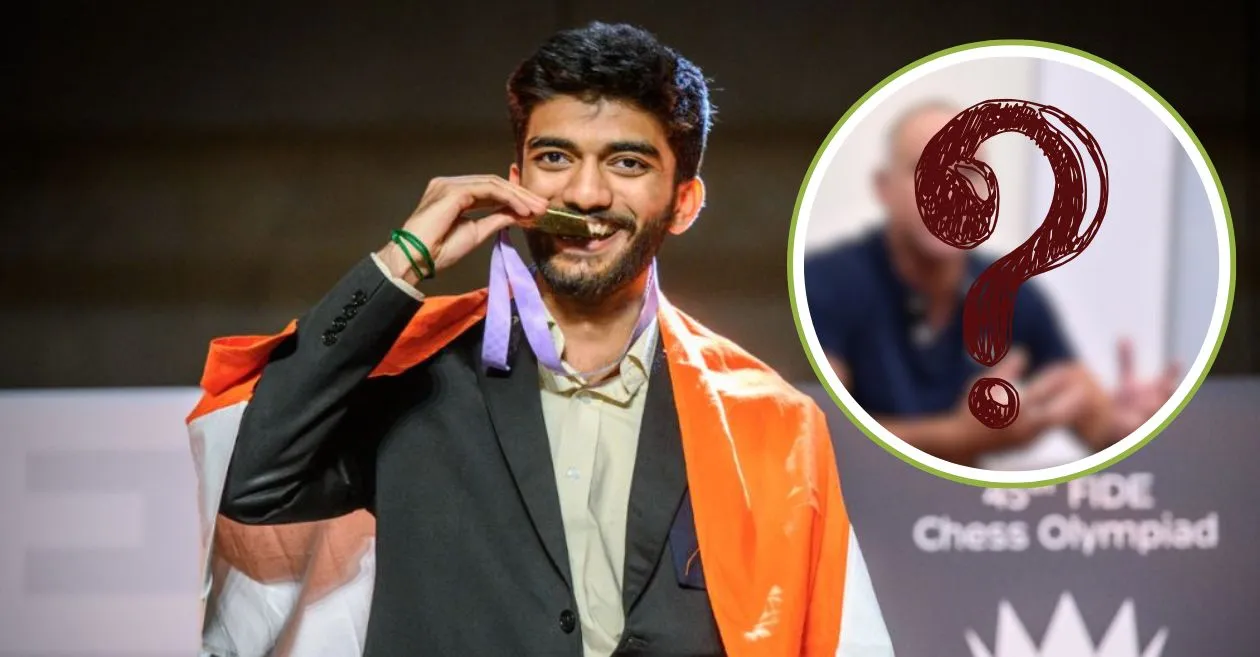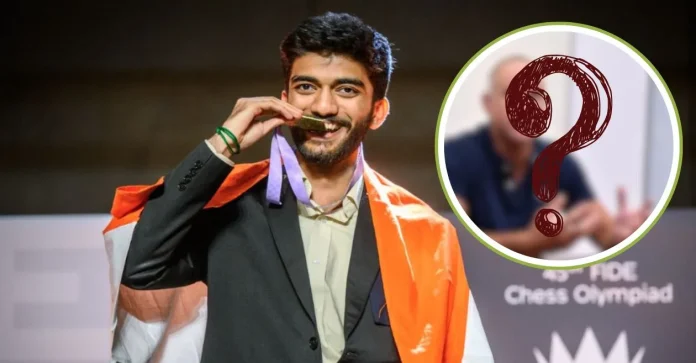
In sports, the intersection of disciplines can often produce unexpected champions. This was especially so during the Indian Grandmaster Gukesh Dommarajubecame the youngest at only 18 years old World chess champion by defeating the reigning champion Ding Liren of China. Gukesh had counted the former Indian cricket captain MS Dhoni another important personality played an important role in his rise to the throne of chess as an idol.
The man behind Gukesh Dommaraju’s psychological edge
Paddy Uptonthe mental conditioning coach who earlier led the Indian cricket team to victory in the 2011 World Cup was also credited as the man who was part of the youngster’s big success. The pressure of competing at such a high level can be overwhelming, especially for young athletes. Gukesh’s road to the championship was filled with psychological challenges reminiscent of those faced by other greats in chess history.
For example, Magnus Carlsen experienced intense nerves in the first World Championship match against Viswanathan Anand In 2013. Recognizing this mental strain, Gukesh sought Upton’s expertise after winning the Candidates tournament earlier this year. Upton’s experience with elite athletes provided Gukesh with strategies for overcoming the mental hurdles that accompany high-stakes competition.
Also READ: AUS vs IND: Australia announces playing XI for Gabba Test against India
A unique preparation strategy
Upton’s approach was thorough and meticulous. He likened Gukesh’s preparation for the World Cup to studying an entire textbook for an exam “If you want to do well in an exam or test, you have to study the whole book very well. Then you can take that exam with confidence. You don’t go in with hope” Upton explained the incident while talking to Indian express.
This preparation went beyond just chess strategies; including managing sleep, breaks and even meditation techniques to stay focused during matches.
Gukesh faced significant adversity during the tournament, including setbacks in both the opening and twelfth games against Dingle. However, he bounced back every time, showing remarkable resilience and adaptability. Upton’s leadership helped him maintain composure and strategic clarity during these critical moments.
A moment of triumph
The final game was a real test of Gukesh’s preparation and mental toughness. With both players close to a draw, Ding made a critical error that allowed Gukesh to grab the win. Reflecting on this momentous moment, Gukesh admitted, realizing Ding’s blunder “Probably the best moment of my life.” The victory not only secured his place in history, but also underscored the effectiveness of Upton’s mental conditioning techniques.
A legacy of mentorship
Upton’s impact goes beyond just this championship; his work with athletes like Gukesh highlights the growing recognition of mental conditioning in sport. The success of the Indian cricket team under the leadership of Dhoni and Upton laid the foundation that has now been passed on to a new generation of athletes like Gukesh. This relationship between cricket and chess shows how skills developed in one sport can enhance performance in the other.


